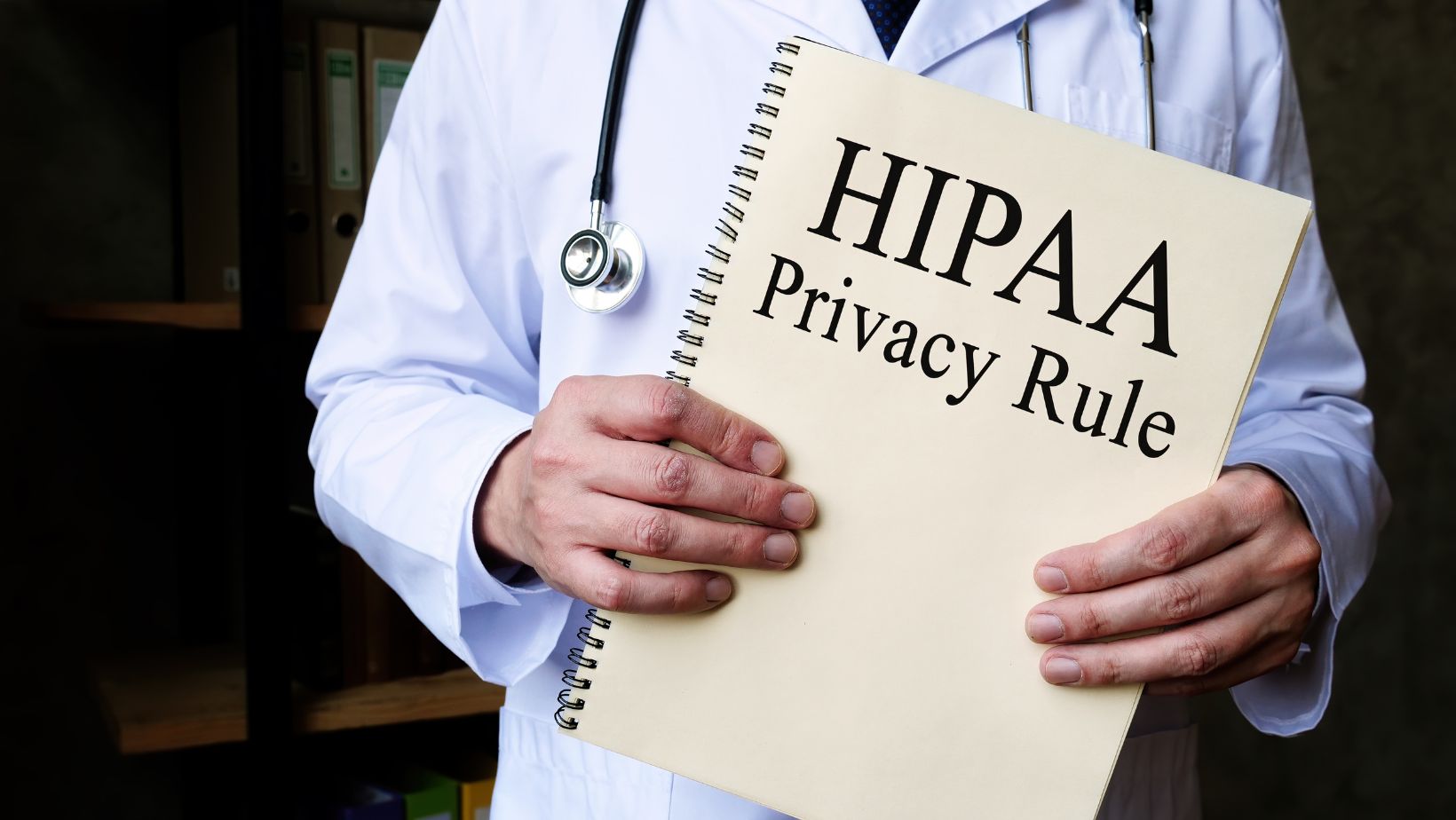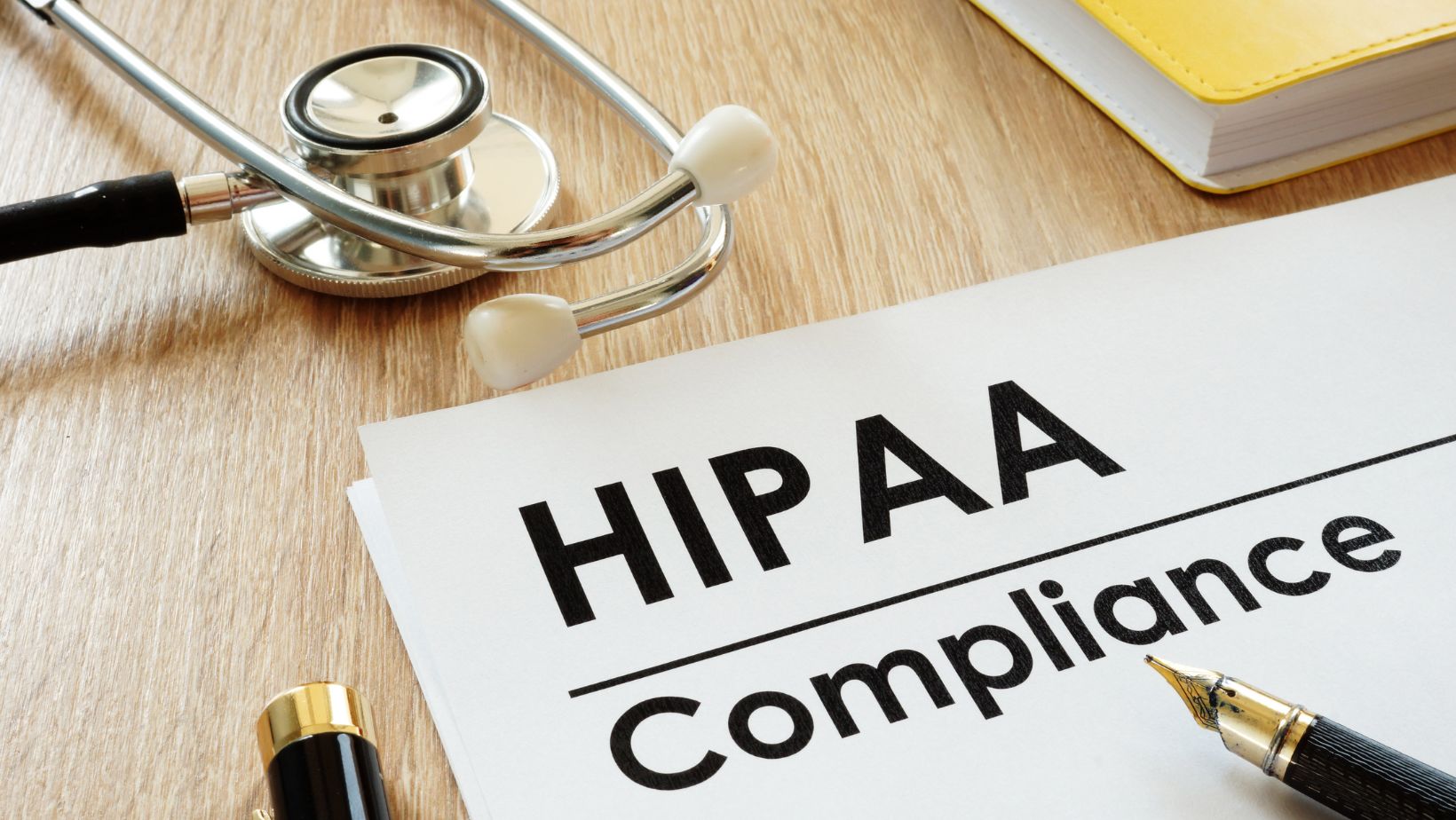HIPAA is the abbreviation for a rigid act developed to protect patient data. It forces companies that deal with health-related information to implement and follow rigid data security measures. Thus, all related institutions should understand and follow these requirements.
Defining HIPAA?
First, let’s clarify HIPAA meaning. It is a rigid range of laws. Its main function is to define and outline the lawful use and disclosure of shielded health-related information in the US. If a company wants to be HIPAA compliant (and should want to be like that), it employs all the essential measures. These guarantee the confidentiality, integrity, and availability of PHI or protected health-related information. HIPPA thus plays a crucial role for patients and related businesses:
- It brings peace of mind to patients who can ensure their health data is protected.
- It enacts severe measures for companies that won’t comply (forcing them to abide).
Who Needs to Be HIPAA-Compliant?
Now you know the HIPAA definition. The next question is: should you comply? Note that any medicine-related company should study HIPAA requirements and understand their obligations. If you feel hesitant about the role of your entity, you can always address HIPAA compliance services for the most detailed consultation.
Overall, two main types of entities should follow the rules.
Covered Entities
These entities are directly involved with providing health and human services. More specifically, they include:
- Health plans — organizations that offer medical insurance coverage, such as preferred provider organizations, health maintenance organizations, and Medicare/Medicaid programs.
- Any medical practitioners who deliver or administrate medical help.
- Healthcare clearinghouses — the entities that process nonstandard PHI types into standard formats for further electronic transmission.
Business Associates
These third-party entities access PHI to perform services on behalf of covered entities. They include

- Electronic health record vendors develop and manage PHI systems for medical providers’ further operations.
- Billing companies — organizations that manage patient accounts.
- IT service providers — businesses that offer data storage and cybersecurity services for cover entities.
- Consultants and auditors access PHI to assess and consult on the entities’ operations.
List of HIPAA Requirements
These requirements are comprehensive and cover several areas. Here’s a breakdown of the key requirements.
Privacy Rule
The Privacy Rule aims to protect medical records and other related personal health information. It applies to anyone who transmits electronic PHI and requires related entities to implement appropriate measures and restrict unnecessary access to PHI. Plus, it forces those organizations to establish clear rules on when and how PHI can be shared in various situations and cases.
Security Rule
This rule specifically touches upon PHI security within IT infrastructure. It undermines the idea that related organizations should ensure complete shielding while preserving access rights to allowed users. The rule outlines the three main safeguard categories.
- Administrative Safeguards.
The group includes any policies and actions an organization can take to protect information, like risk assessment, team training programs, and development of incident response plans.
- Physical Safeguards
It includes measures to restrict physical access to any facilities where PHI information can be stored, such as facility access control and device disposal policies.
- Technical Safeguards
The group covers technological tools like firewalls or encryption to prevent unauthorized access to PHI.
Breach Notification Rule
The Breach Notification Rule covers the notification policy only. It requires the organization to immediately notify affected individuals if any data breach of unsecured data occurs.

Organizations should also have a clear mitigation policy to ensure timely response and minimize the damage from unauthorized disclosure.
Conclusion
The law was developed in 1996 to ensure that patient information remains secure and undisclosed. It’s still a must-comply requirement for any related businesses—both covered entities and business associates like IT companies. By adhering to HIPAA requirements, organizations protect PHI and avoid penalties.
FAQ
In a word, what does HIPAA stand for?
Health Insurance Portability and Accountability Act was developed and enacted to guarantee that organizations use solid, secure practices to safeguard clients’ PHI.
And what is HIPAA compliance?
HIPAA compliance means following the regulations set by the law to protect patient information. Compliance is not a matter of choice but a must. Regular compliance analysis are also recommended. Organizations that fail to comply will face severe penalties.
Whom or what does HIPAA protect?
HIPPA is a stringent list of rules to protect individual health records and patients’ medical information and provide security for any health-related data.
Who needs to be HIPAA-compliant?
Two types of organizations should comply with the law: covered entities and their business associates.
What are the key HIPAA requirements?
The core requirements include the Privacy, Security, and Breach Notification Rules. These rules guarantee that related entities have solid security practices.

